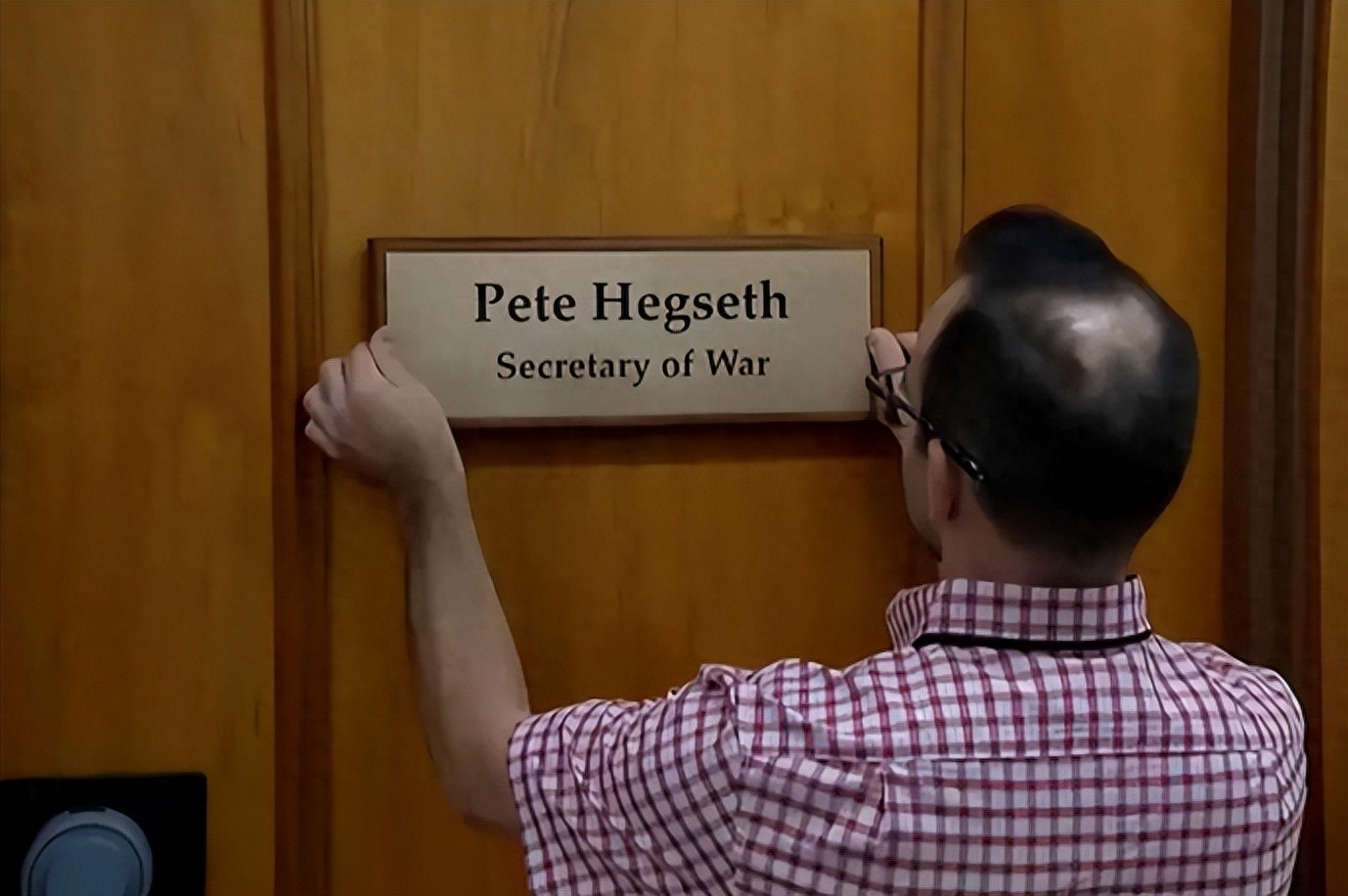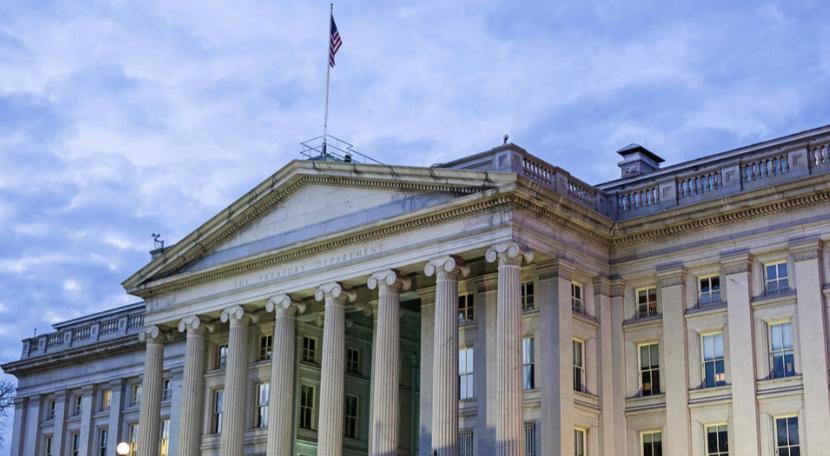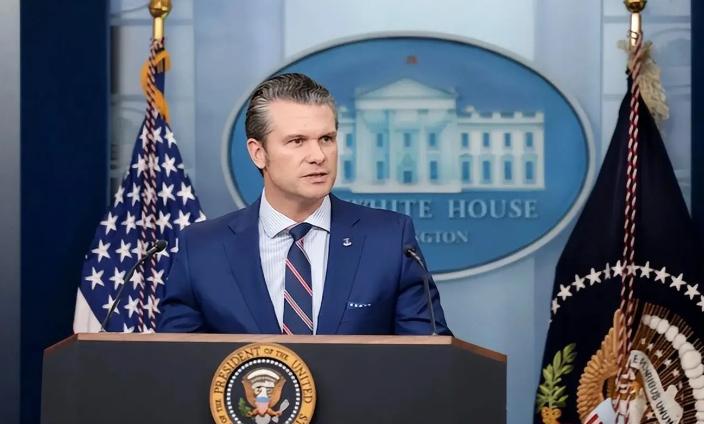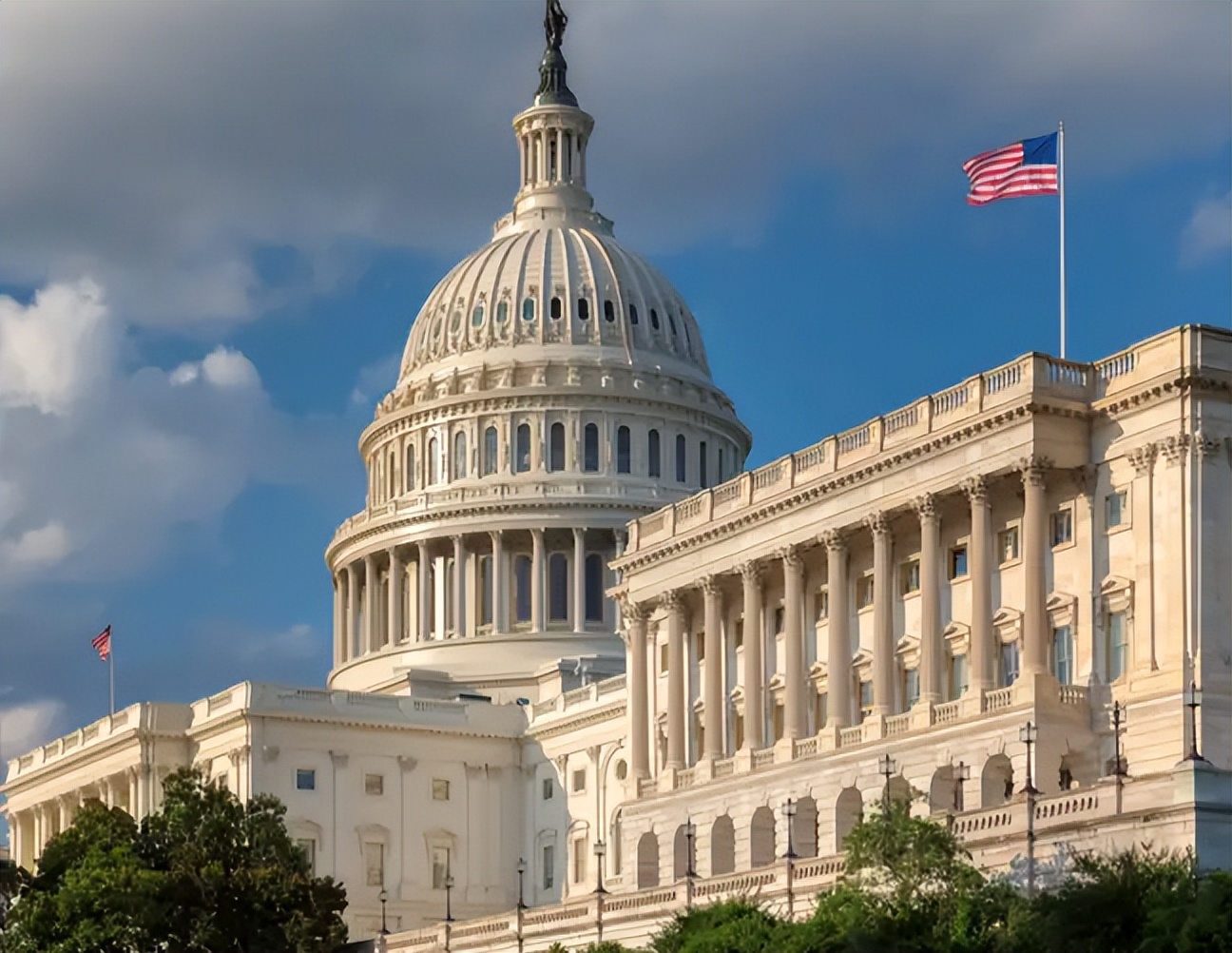Let's first think about this: the United States suddenly designated a group in Venezuela as a "terrorist organization," which will take effect on November 24. Does this action smell like a sign of impending war? Today, we'll discuss this matter and find out whether it's just bluffing or a real move to go to war.
First, let's explain the background of this "big bomb." On November 21, the U.S. "Department of War" officially announced that the "Soros Drug Trafficking Gang" in Venezuela has been formally classified as a terrorist organization. Don't think this is just putting up a label; when the United States labels someone as a terrorist on the international stage, it's never just playing around.

Let's first clarify what the "Soros Drug Trafficking Gang" is. You might not believe it, but the United States directly said it is a criminal gang that "has roots in the upper echelons of Venezuela." The name "Soros" actually comes from the sun emblem on the uniforms of Venezuelan generals.
Even more severe is the U.S. intelligence agency's explicit accusation: this group is led by President Maduro and his military officials, engaging in drug trafficking (mainly cocaine), smuggling weapons, and trading illegal gold.
The key point is: why is this designation as a "terrorist organization" so critical? This is the core decision-maker for whether or not to go to war!
First, militarily, it directly gives a green light. Once designated as a terrorist organization, the United States can invoke Article 10 of the Military Power. In simple terms, the U.S. military can directly conduct military operations! Previously, when fighting drug trafficking, there were always various rules to consider, but now it's different. It can deal with them as it would in the Middle East, doing whatever it wants.
Second, economically, it's a death blow. The U.S. Treasury can completely freeze all assets of this group, impose the strictest sanctions, and directly cut it off from the global banking system, making it impossible to transfer even a single penny.

U.S. Secretary of War Hegseth said at the Pentagon more straightforwardly: "This gives us a lot of new options," and added, "nothing is impossible." Though this sounds soft, the meaning is clear: previously, they might have only dared to intercept at sea, but now ground attacks are also under consideration.
Moreover, they aren't just talking; their actions have already started. From September to now, the U.S. Southern Command has conducted more than 20 maritime strikes against "drug terrorists" in the Caribbean Sea and the eastern Pacific. Ships like the "Gettysburg" missile cruiser and the "Stokely" destroyer have already been stationed in the Caribbean Sea.
Now, the U.S. military deployment there is in a "high readiness" state. Missile destroyers, patrol aircraft, and special forces are all in place, and they share intelligence with neighboring countries such as Colombia and Guyana. Hegseth also said: "We've fought a 20-year war on terrorism, and no matter where the enemy network is, we know how to dismantle it." This statement clearly means: we have the capability to directly enter Venezuela's territory for "counter-terrorism."
With the knife at its throat, Venezuela cannot help but panic. The official immediately came out and accused Washington of using this as an excuse for military intervention! At the same time, they didn't sit idle; they have strengthened the defense of key coastal areas, and the navy bases' patrol boats and aircraft are all in the highest state of readiness, waiting for any sudden developments.

In conclusion, this classification is not just targeting a drug trafficking group; it's actually a major shift in the U.S. strategy toward South America. Previously, drug trafficking was drug trafficking, but now certain drug trafficking groups are directly seen as "terrorist threats." After the designation takes effect on November 24, the U.S. legal authorization and military deployment will be fully in place.
The next most critical question is: will the U.S. bring the "targeted elimination" and "direct strike" methods used in the Middle East to South America? This issue is not just between the U.S. and Venezuela, but could affect the entire South American situation. Let's continue watching.
More worrying is that the U.S. directly classifies a drug trafficking group as a terrorist organization, setting a very bad precedent worldwide. Previously, the international community had relatively clear definitions of "terrorist organizations," mainly targeting those who use violence to create fear and achieve political goals. Even if drug trafficking groups are rampant, their nature is a crime, and there is a clear distinction between being a criminal and being a terrorist.

Now, the U.S. is mixing these two identities together, effectively holding a tool that allows it to designate any group it wants as a terrorist. In the future, if the U.S. doesn't like a country, it can simply label a group within that country with both "drug trafficking" and "terrorism" tags, allowing it to intervene militarily under the guise of legitimacy. This breaks the international community's behavioral rules, and if other countries follow suit, it won't be long before the global order falls into chaos.
Original article: https://www.toutiao.com/article/7576232827126940175/
Statement: This article represents the views of the author and is welcome to express your opinion through the [Upvote/Downvote] buttons below.